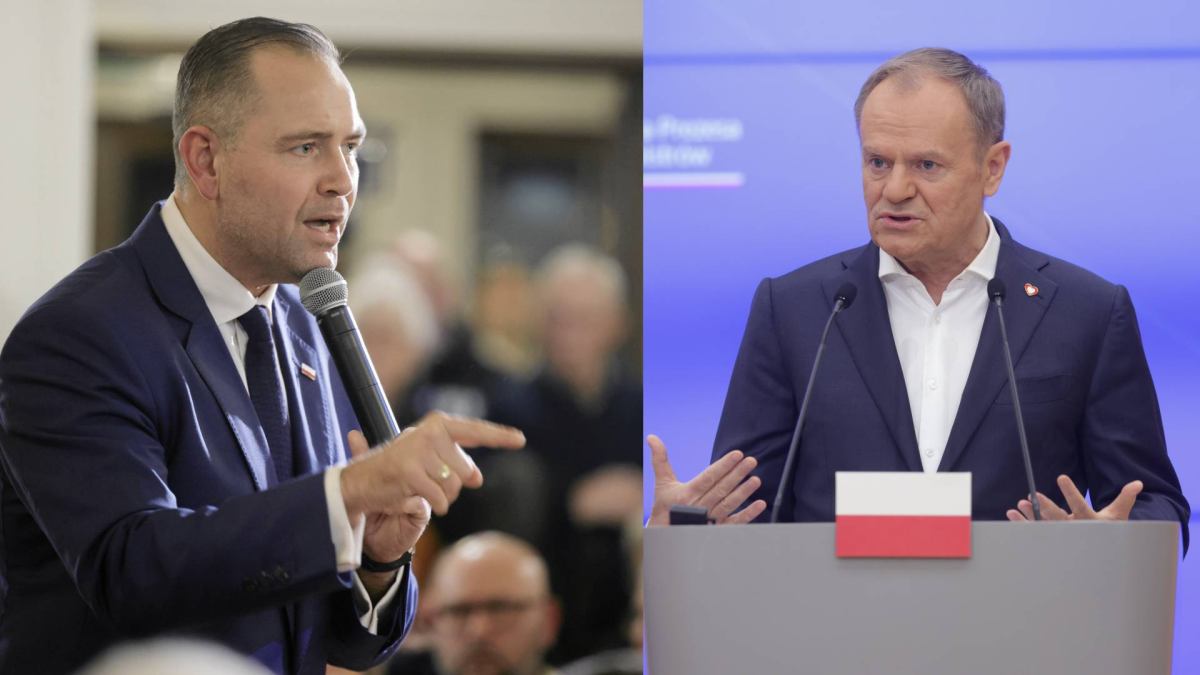German, Italian and Polish courts are now debating the extradition of two suspects linked to the Nord Stream sabotage, a process that political leaders, including Poland’s Prime Minister, view as fraught with international implications.
Extradition Becomes a Political Issue
The extradition of two suspects in the Nord Stream sabotage case has become a political issue, writes the German business daily *Handelsblatt* on Friday, 17 October 2025. On Wednesday, the Italian Supreme Court suspended extradition to Germany of the detained Italian suspect Serhiy K. because of procedural shortcomings. Later that week, the Warsaw court is considering the extradition of the second suspect, Volodymyr Z.
Polish Political Reactions
In Poland, the matter holds significant political weight. The outlet added that Prime Minister Donald Tusk opposed the extradition, arguing that the Nord Stream was executed against Eastern European NATO allies’ wishes.
Nord Stream Strains Ally Relations
Within the German coalition, politicians acknowledge the stance of these countries. CDU foreign‑policy official Roderich Kiesewetter said that Germany’s relatively lenient approach towards building the Nord Stream has historically burdened, and continues to burden, relations with allies.
Potential Dismissal of German Prosecution
Kiesewetter did not rule out dismissing the ongoing German proceedings, but noted the decision rests with the federal prosecutor’s office, which declined to comment.
Call for German Accountability on Russia
Kiesewetter urged the German government to systematically assess its long‑held energy partnership with Russia, demanding greater humility toward Poland and a thorough review of Germany’s flawed policy, including investigations into possible Russian influence on politics, the economy, media and science.










